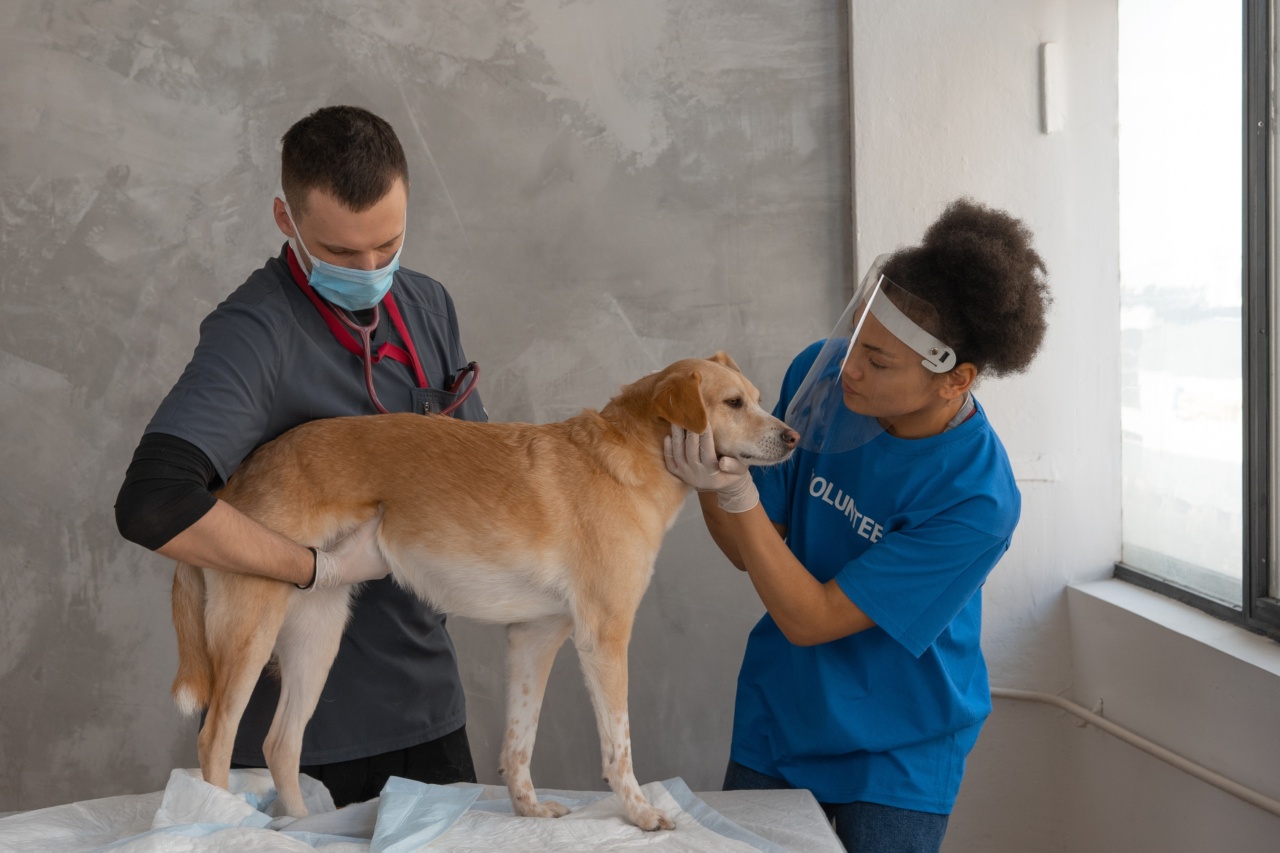Introduction:.
Pets are not just animals; they are beloved members of our families. We care for their well-being and strive to provide them with a safe and nurturing environment.
However, accidents can happen, and damages – whether physical or emotional – can have a significant impact on the health of our pets. In this article, we will explore how damages can affect the health of our furry friends and discuss ways to mitigate their impact.
Physical Damages:
1. Injuries:.
One of the most apparent effects of damages on pet health is physical injuries. Pets can suffer from a range of injuries, including broken bones, lacerations, burns, and internal trauma.
These injuries often require immediate medical attention and can have long-lasting consequences if not treated promptly and adequately.
2. Chronic Pain:.
Chronic pain can arise as a result of physical damages. Whether it’s a result of an injury or underlying conditions developed after an accident, chronic pain affects pets’ overall well-being.
It can lead to decreased mobility, loss of appetite, sleep disturbances, and behavioral changes.
3. Disability:.
In severe cases, damages can cause disabilities in pets. From loss of limbs to impaired vision or hearing, disabilities can significantly impact a pet’s quality of life, requiring adaptations to their living environment.
Special care and attention are needed to ensure their comfort and happiness.
Emotional Damages:
1. Anxiety and Fear:.
Pets can experience anxiety and fear following damages.
Whether it’s due to a traumatic incident or repeated exposure to stressful situations, emotional damages can manifest in various ways, such as increased aggression, withdrawal, or destructive behaviors. It is crucial to help pets cope with their emotions and provide a sense of security.
2. Post-Traumatic Stress Disorder (PTSD):.
In some cases, pets can develop PTSD after experiencing significant damages. Symptoms may include hyperarousal, flashbacks, avoidance of certain situations, and difficulty trusting humans or other animals.
Professional help, patience, and a structured routine can aid in the recovery and healing process.
3. Depression:.
Just like humans, pets can also experience depression as a result of emotional damages. Loss of interest in activities, changes in appetite, excessive sleeping, and decreased social interaction are common signs.
Creating a positive and stimulating environment, along with professional guidance if necessary, can help alleviate these symptoms.
Preventing Damages and Promoting Pet Health:
1. Supervision and Safety Measures:.
Always supervise your pets, especially in potentially risky situations. Secure your home and outdoor areas to prevent accidents and ensure they cannot escape. Use barriers, fences, and leashes appropriately to minimize the chances of damages occurring.
2. Regular Veterinary Care:.
Schedule regular vet check-ups to monitor your pet’s health and catch any potential problems early. Vaccinations, preventive treatments, and routine examinations can go a long way in preventing damages and maintaining overall well-being.
3. Training and Socialization:.
Invest in proper training and socialization for your pets. This will help them navigate different environments, interact appropriately with humans and other animals, and reduce the risk of injuries or emotional damages.
Positive reinforcement techniques are highly recommended.
4. Pet-Proofing your Home:.
Create a safe living space for your pets by eliminating hazards. Keep toxic substances, sharp objects, and small items out of reach.
Install safety gates, secure loose cords, and ensure there are no dangerous gaps or openings in your home that could cause harm.
5. Mental Stimulation and Exercise:.
Provide mental stimulation and regular exercise for your pets to keep them physically and mentally engaged. This can help reduce anxiety, prevent destructive behaviors, and promote overall well-being.
Interactive toys, puzzle feeders, and daily playtime are effective tools to achieve this.
Conclusion:.
Damages can have a substantial impact on the health and well-being of our beloved pets. It is our responsibility as pet owners to take preventive measures, prioritize their safety, and provide them with the care and support they need.
By understanding the physical and emotional consequences of damages, we can create a nurturing environment that promotes their overall health, happiness, and longevity.






























